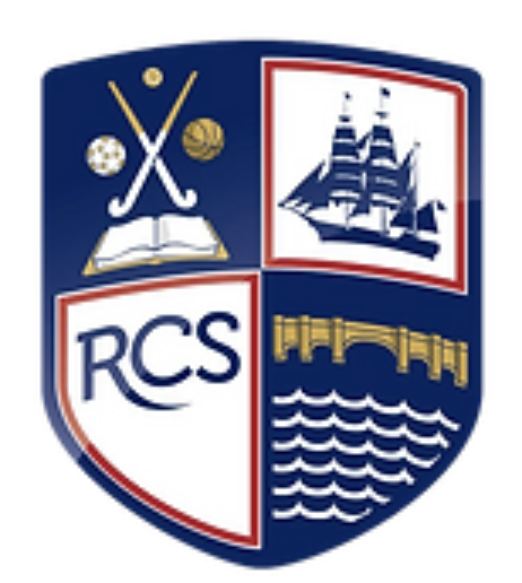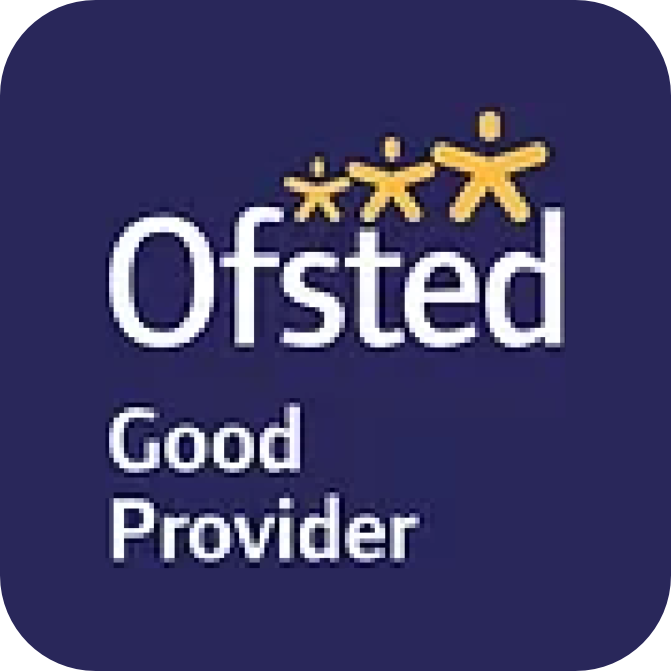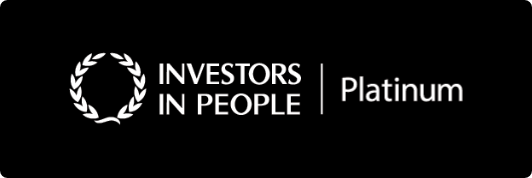KS3 Subject Intent
Computer Science is delivered during 2 lessons a fortnight throughout KS3. Computer Science at KS3 is designed to provide a balanced and varied curriculum combining elements of Computer Science, Digital Literacy, Information Technology and Internet Safety with the intention of preparing students with the knowledge and skills needed to become ‘KS4 ready’ leading into their Year 10 options choices. Our curriculum modules aim to build on students’ existing knowledge and are sequenced to provide students with the opportunities to develop their understanding of the digital world they live in, understand how to become good digital citizens and equip them with the necessary IT they will need to be successful in all areas of the school curriculum. Our curriculum aims to provided students with a range opportunities to understand how technology is used in the world around them and in the workplace, promote curiosity and cultural literacy. Student’s experience a range of software applications aimed to develop their confidence and creativity, capture their imagination and improve their problems solving skills. Students’ progress through the curriculum is assessed with end of unit tests which feed into the planning process for subsequent units.
KS4 Subject Intent
Computer Science at KS4 aims to build on the students existing knowledge and skills developed at KS3. Our programme of study aims to build on the students interest for technology and computer programming from the outset and to deliver both the theoretical and practical contents of the curriculum in a way which is relevant to the latest technology, future technological advances and most importantly the students interests. At KS4 our aims are to ensure that all our students:
1. Think creatively, innovatively, analytically, logically and critically
2. Understand the components that make up digital systems, and how they communicate with one another and with other systems
3. Understand the impacts of digital technology to the individual and to wider society
4. Can understand and apply the fundamental principles and concepts of computer science, including abstraction, logic, algorithms and data representation
5. Can analyse problems in computational terms, and have repeated practical experience of writing computer programs in order to solve such problems
6. Can evaluate and apply information technology, including new or unfamiliar technologies, analytically to solve problems
7. Are responsible, competent, confident and creative users of information and communication technology. Our intention is to keep up to date with modern and emerging technologies, develop students’ knowledge, understanding and passion for computer systems and programming to provide a better understanding of the digital world around us and to allow a smooth transition into further education.








